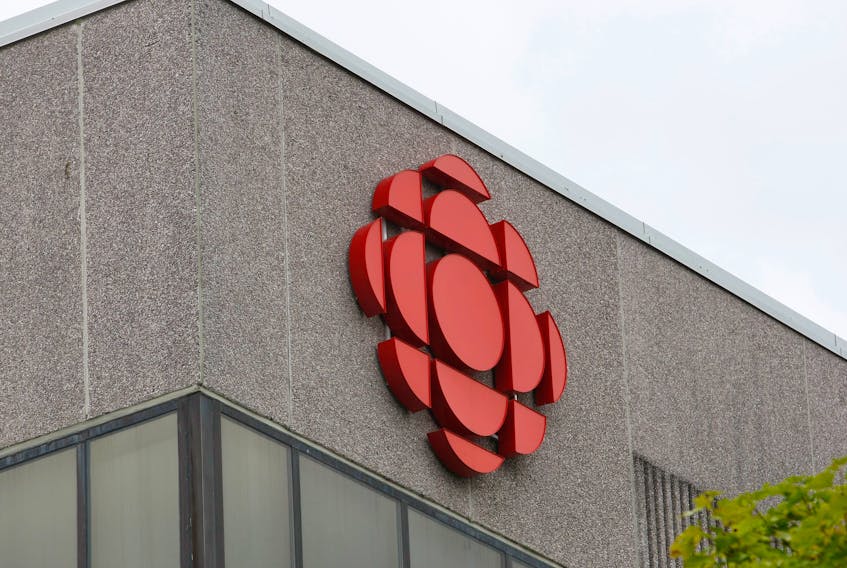There’s a concept in business known as “goodwill.” When one company buys another firm, the purchase price is sometimes more than the value of the purchased company’s assets, because there are intangibles involved, like a brand name or a company’s reputation.
In other words, good companies are more than the sum of their parts, and that’s valuable to a buyer.
But there’s more than one way to sell your reputation — and extinguish some of that goodwill in the process.
Last Thursday, the CBC launched a new advertising service called Tandem. (Nebulous names are all the rage.) “Embark with Tandem,” the CBC says, “Working together to tell your story.”
Here’s the CBC’s executive vice-president, Barbara Williams: “The launch of Tandem is in response to what our advertising partners have been asking us for: the opportunity to work with our country’s most trusted media brand to create content experiences that resonate with Canadians on a deeper level. … Tandem will help Canada’s strongest brands shape and share inspiring stories across our platforms and across the country.”
There are a lot of bumbledy words in there, but focus on just the core ones: advertisers have been asking to “shape” stories across the CBC world.
Alarmed yet?
What the CBC’s looking at is not new to the media world. For years, advertisers have known the value of news stories, and have tried to make ads look like something else. Newspapers and websites have co-operated to an extent, producing what they often call “adverting supplements” (the old terminology) or “promoted content” (the new term). In other words, pieces that look like news, but where the client has the final sign-off over what the story or report says. Through the years, journalists in private media have often fought to make sure there’s a clear delineation between the ads and the news, a battle they sometimes lose.
Now, the CBC wants in on the game, making co-produced pieces for all of its platforms, sometimes even fronted by CBC “personalities.”
The question, of course, is just where the CBC ends and the advertising begins. I’d argue that, whenever the advertiser has final editorial control, it’s all advertising.
As CBC’s chief revenue officer Donald Lizotte put it in a news release, “Clients wanted an integrated, turnkey solution to create quality content and leverage the credibility of our network. I am so pleased that we now offer this.”
Leveraging credibility means, basically, using CBC’s reputation to help customers sell their products or services — or, in a more obtuse way, courtesy of the CBC news release, “Brands are looking for the quality content that audiences have come to expect from CBC/Radio-Canada, with results-oriented strategies to help solve business problems.”
Practically speaking, to put the CBC’s face on an advertiser’s message.
First up? The creator and co-producer of CBC’s podcast series, “The Secret Life of Canada,” Leah Simone-Bowen, is hosting a six-part podcast touting Athabasca University’s online educational offerings.
The question, of course, is just where the CBC ends and the advertising begins. I’d argue that, whenever the advertiser has final editorial control, it’s all advertising.
I get it: it’s a business decision. “There’s money there, let’s get in on it.”
I’m all for a strong public broadcaster. I have been for years, because it can do work no one else can.
But, as it “monetizes its content” “across all platforms” — presumably including radio as well as television and digital — what, besides the huge cheque every year from the federal government, makes it a public broadcaster?
And, in this case, once it’s “leveraged” its credibility, when someone pays to “shape” “our country’s most trusted media brand,” it’s hard to argue that the CBC’s reputation will live on.
Russell Wangersky’s column appears in SaltWire newspapers and websites across Atlantic Canada. He can be reached at [email protected] — Twitter: @wangersky.









